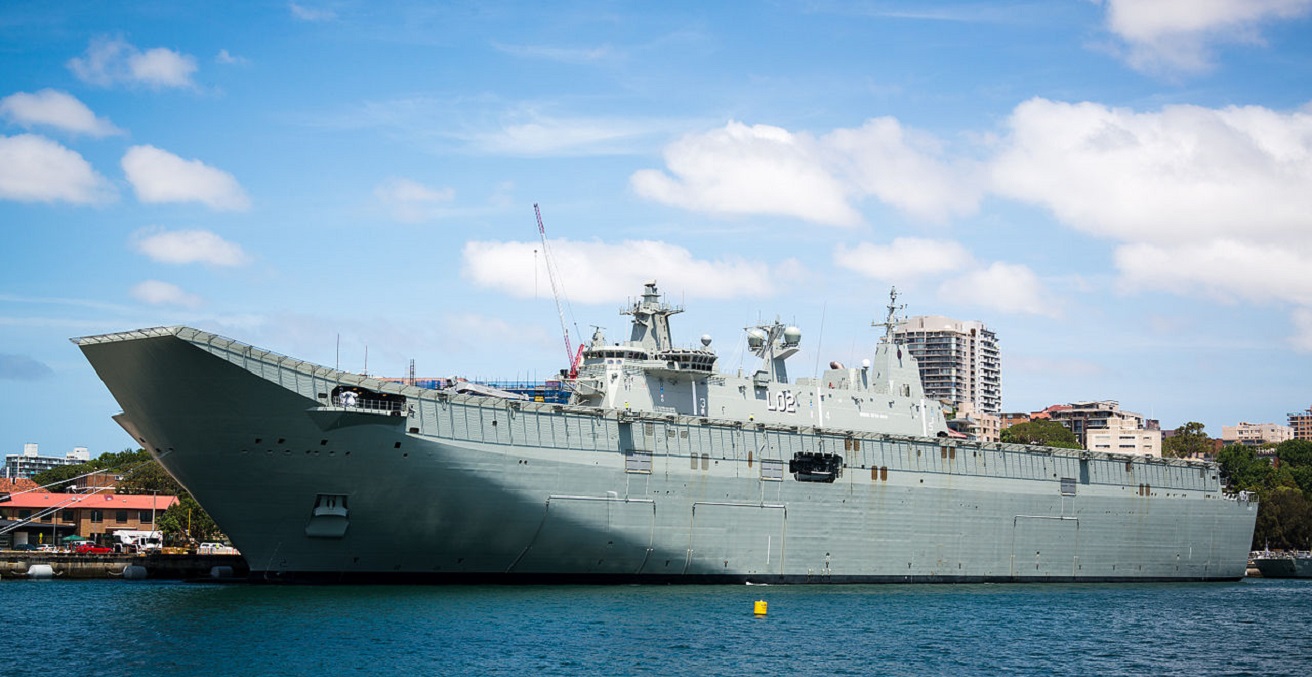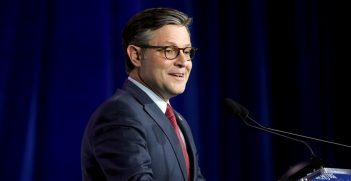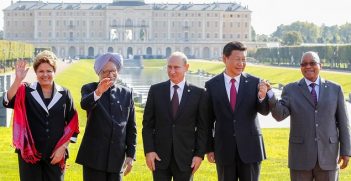The Future of Australian Strategic Studies

Australian strategic studies scholars have traditionally made an outsized impact on the world stage. Today, it is no exaggeration to say that Australian strategic studies is entering something of a new “Golden Age.”
First and foremost, if the field’s new “Golden Age” is to realise its full potential, a greater level of interaction across the now sizeable community of Australian strategic studies scholars is needed. Two decades ago, a group of academics including Robert Ayson, Christopher Chung, Matthew Sussex, William Tow, and Michael Wesley proposed the establishment of an “Australian Council of Strategic Studies (ACSS),” designed to facilitate deeper and more enduring relationships between strategic studies scholars across the country. They applied for Australian Department of Defence funding support but were, unfortunately, unsuccessful. This now seems a prescient proposal whose time has come. Moreover, with the increase in online activity that the COVID-19 pandemic has encouraged, including Australian strategic studies scholars working abroad in an ACSS is now viable.
Second, there is an urgent need for more regular and honest dialogue between Australian strategic studies scholars and the Australian Department of Defence. Although the department’s generous funding is valued, especially in the increasingly constrained fiscal environment caused by the COVID-19 pandemic, its project-based model for awarding these grants is suboptimal. An ACSS could usefully serve as a vehicle for facilitating such conversations. One can envisage a schedule where the ACSS meets quarterly, twice a year with senior defence officials such as the minister for Defence or secretary of the department, and twice a year to discuss collaborative research opportunities or simply to discuss work in progress by one or more of its members, especially those working abroad.
Third, Australian strategic studies scholars could better contribute towards capacity-building across the region. As Asia’s strategic environment has become increasingly contested, there is renewed regional interest in strategic studies programmes. Half a decade ago, for example, a new strategic studies programme was launched within the University of the Philippines’ Centre for Integrative and Development Studies with two objectives in mind: “(1) the institutionalization of training and education on strategic studies, ranging from short course (certificate program) to a Master’s Degree; and (2) the establishment of a think tank/research institute.”
History suggests that this growth in strategic studies centres and programmes across the region will likely continue. There is also clear precedent for Australian strategic studies scholars contributing to this process. During the mid-1990s, for instance, Desmond Ball played an important advisory role in the establishment of Singapore’s Institute of Defence and Strategic Studies (IDSS), which is now part of the world-leading S. Rajaratnam School of International Studies (RSIS) at Nanyang Technological University. To be sure, any such Australian capacity building would need to be undertaken with the utmost degree of sensitivity. As the distinguished International Relations scholar Amitav Acharya has observed, “to do so overtly now might be controversial politically and impede much-needed indigenisation – or the need for more local Asian voices and scholarship.” That said, it is an important contribution that the current generation of Australian strategic studies scholars should not shy away from.
Fourth, while studying the use of force in international politics long since ceased to be the exclusive preserve of the military, the need for technical military expertise remains a central feature of the field. As Andrew O’Neill has observed:
I have not mentioned science and engineering as necessary inputs yet, because it can be very difficult to find the right people from those quarters to take part in the work of a larger team that is focused on wider objectives and composed largely of others whose backgrounds lie in political science, international relations, geography and history. Nonetheless, we have to accept the challenges and bring more technological expertise into the debate.
Continuing a distinguished tradition, Australian strategic studies scholars – most notably Andrew O’Neil from Griffith University, Stephan Frühling from the SDSC, and Fiona Cunningham – are producing world-class scholarship in the area of nuclear strategy. But as the size and spread of nuclear arsenals expands, especially in Asia, so too must Australian strategic studies expertise on this subject. Likewise, as cyber technologies and artificial intelligence (AI) increasingly harbour the potential to completely re-shape the use of force in international politics, too few Australian strategic studies scholars are developing the requisite expertise in this domain. One notable exception here is Major General Mick Ryan, who is currently Commander of the Australian Defence College. That said, even as contemporary strategic studies expands into these and other important new areas, such as the security implications of Climate Change, maintaining its traditional focus on the use of armed force in international politics – and, therefore, upon the direct relevance of these new issues and challenges to that endeavour – remains paramount. Otherwise, as the American scholar Richard Betts once colourfully warned, there is a risk of reorienting strategic studies toward so many other areas that its “military core may become a pea lost in an amorphous ball of wax.”
The new “Golden Age” of Australian strategic studies is likely to remain with us for some time yet – decades perhaps – as the region continues to be characterised by intensifying major power rivalries. But, short of a devastating major power conflict – an outcome which, unfortunately, cannot be discounted – history suggests that strategic studies’ fortunes will likely ebb again at some point. Before they almost invariably do, careful thought must be given well in advance to guarding against the collapse of expertise that occurred when the Cold War ended, and to avoiding the loss of an entire generation of strategic studies scholars who were never formally trained during the ensuing decades.
The field has recovered well, but such recoveries require the commitment of significant resources and, more importantly, take time. Given the gravity of the subject matter, and the outsized contribution that Australian strategic studies scholars have traditionally made and indeed continue to make, better ways must be found to nurture and sustain Australian strategic studies expertise against future such fluctuations. For as none other than the late Coral Bell presciently observed during the dying days of the Cold War, when strategic studies last fell from favour, “I hope young scholars in the field will go on looking also at strategic relationships and crisis management, in order to be ready for the problems that will arise with the inevitable mutation of the balance of power.”
Brendan Taylor is Professor of Strategic Studies at the Strategic and Defence Studies Centre. He is a specialist on great power strategic relations in the Asia-Pacific, East Asian “flashpoints,” and Asian security architecture. Brendan is the research chair of the AIIA.
This is an edited extract of Taylor’s article in the Australian Journal of International Affairs, titled “Australian strategic studies: towards a new golden age?” which was published as part of a special 75th volume of the journal. It is republished with permission.





